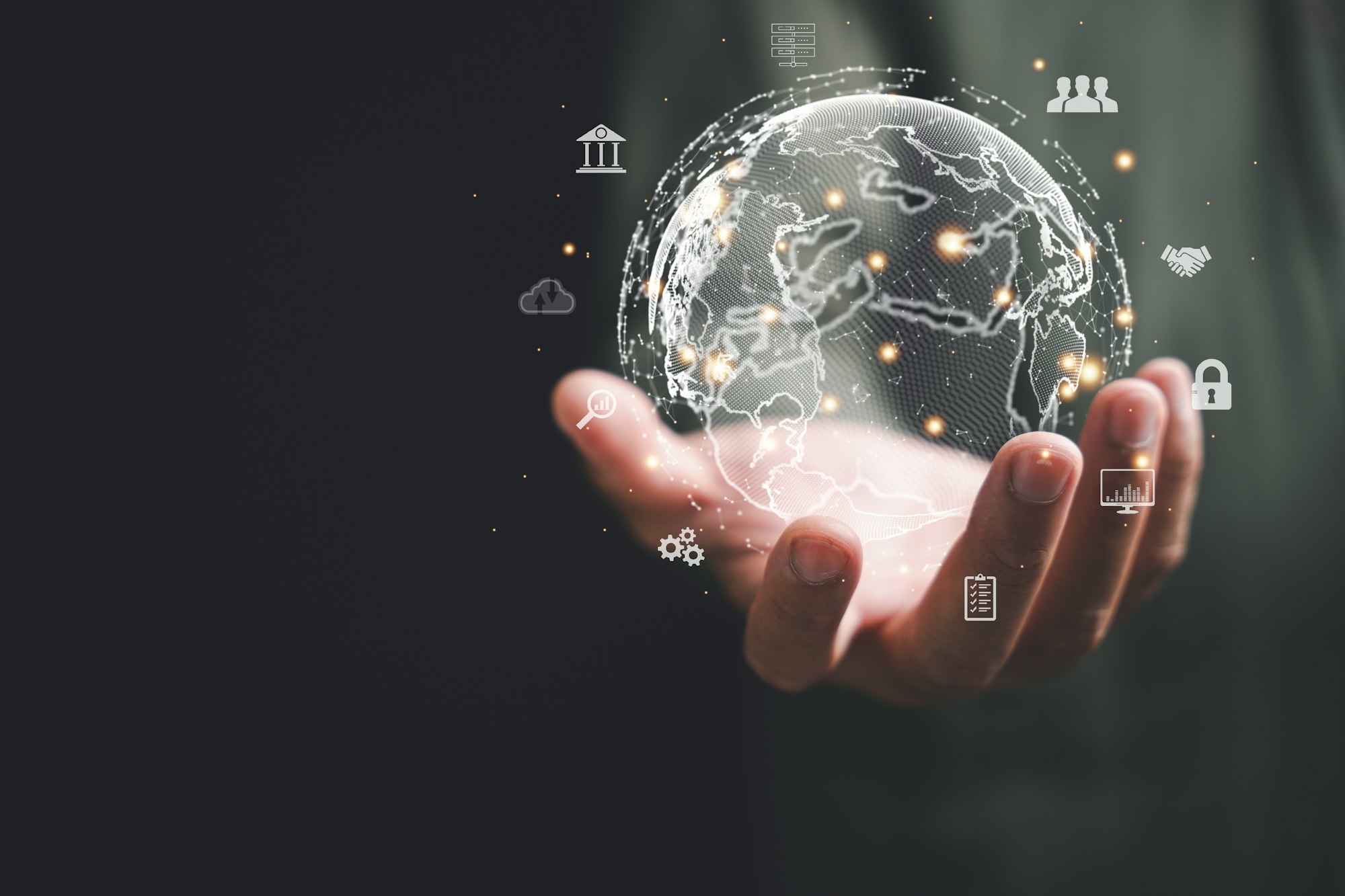Navigating the Economic Waves with AI
AI and the Future of Work
Artificial Intelligence (AI) is transforming job landscapes around the globe. In times of prosperity, companies often use a mix of human expertise and automation to boost productivity. However, when economic tides turn, jobs are on the line as businesses might lean heavily on AI to cut costs. It’s more pronounced in wealthier countries where up to 30% of jobs are at risk compared to less affluent areas. This discrepancy highlights the urgent need for thoughtful strategies that ensure job security in the AI era.

AI and the Stock Market Rollercoaster
AI is also rewriting the rules in financial markets. Tools like algorithmic trading have made markets more efficient, but they also rely heavily on historical data. This can be problematic during economic shocks when past patterns don’t predict future outcomes. If AI systems react poorly, they could trigger rapid sell-offs, further rocking an already unstable market.
AI in Supply Chain Optimization
AI has streamlined supply chain management, improving efficiency during stable times. However, reliance on outdated data can lead to critical errors when unexpected changes occur. These blunders can cause significant disruptions, exacerbating economic challenges during downturns.
Taming AI’s Economic Impact
Crafting Smart Policies
To mitigate AI’s disruptive potential, adjusting tax policies could help maintain a balance between embracing technological advancements and preserving employment. Enhancing educational opportunities and fortifying social safety nets could also cushion the blow for workers displaced by AI.
AI as a Beacon of Hope
Despite the challenges, AI also holds the keys to potential solutions. Whether it’s upskilling the workforce, refining aid to those in need, or providing early alerts in financial crises, AI can play a constructive role. Embracing AI’s benefits while carefully managing its risks is crucial for steering our economic future.
Dive into the profound impact of AI on global economic stability, uncovering the dual roles it plays in shaping labor markets, financial dynamics, and supply chain efficiencies. Discover strategies that can help leverage AI’s advantages while minimizing its pitfalls.

Frequently Asked Questions About AI’s Impact on the Economy
1. How does AI affect jobs?
AI is a double-edged sword when it comes to employment. In prosperous times, businesses often use AI to complement human skills, boosting productivity and growth. However, in tougher economic periods, companies might rely more on AI, potentially leading to job cuts, especially in sectors where tasks can be automated. This impact is more significant in developed countries, which could see up to 30% of jobs threatened by AI technologies. It’s a pressing issue that calls for thoughtful strategies to ensure that technological advancement doesn’t come at the cost of human employment.
2. Can AI destabilize financial markets?
Yes, AI has the potential to destabilize financial markets, particularly during economic downturns. While AI systems like algorithmic trading can improve market efficiency, they mainly operate based on historical data. When unprecedented economic situations arise, these AI systems may not perform well, possibly leading to rapid and large-scale sell-offs. This can exacerbate market volatility and lead to a deeper financial crisis, highlighting the need for robust AI oversight and adaptive trading algorithms that can handle unexpected conditions.
3. What can be done to mitigate the risks associated with AI in the economy?
To reduce the economic risks posed by AI, it’s crucial to develop and implement policies that encourage a balanced approach to automation and employment. Adjusting tax policies to not overly favor automation, improving educational programs to upskill the workforce, and enhancing social safety nets can help protect workers from the disruptive impacts of AI. Additionally, leveraging AI to improve early warning systems in financial markets and to provide targeted support in times of economic stress can turn AI from a potential risk to a valuable ally in maintaining economic stability.
Sources Fortune


